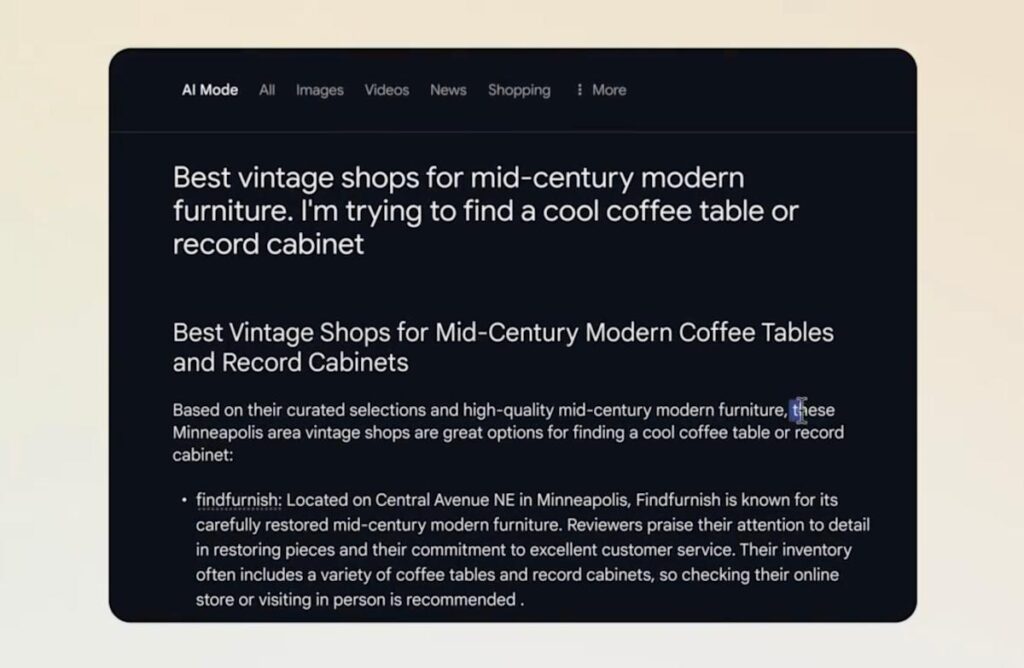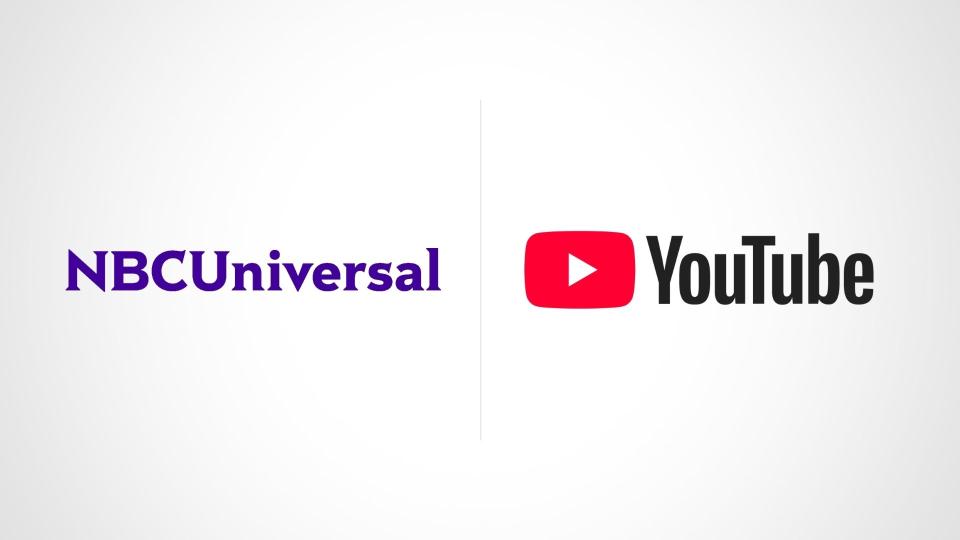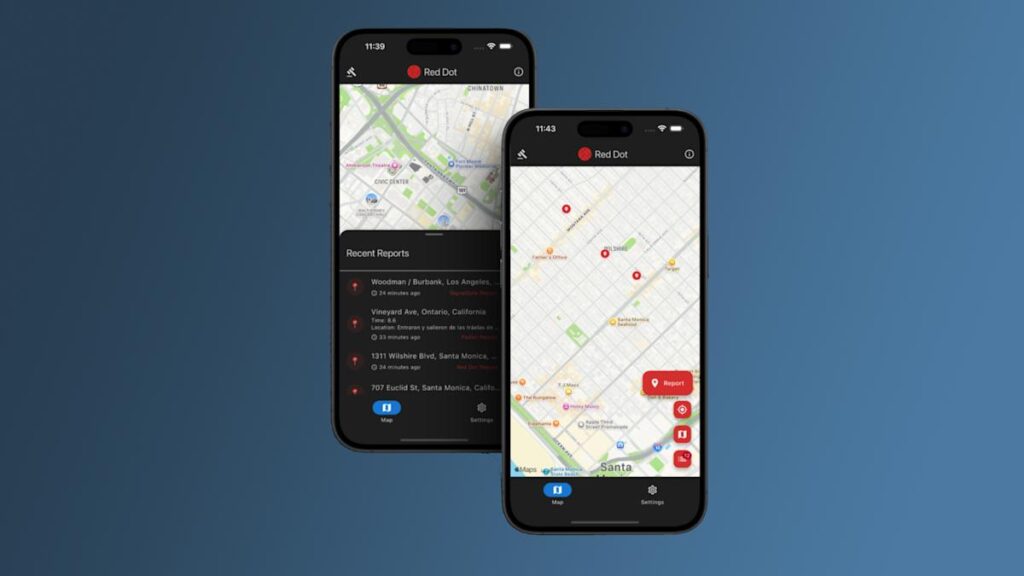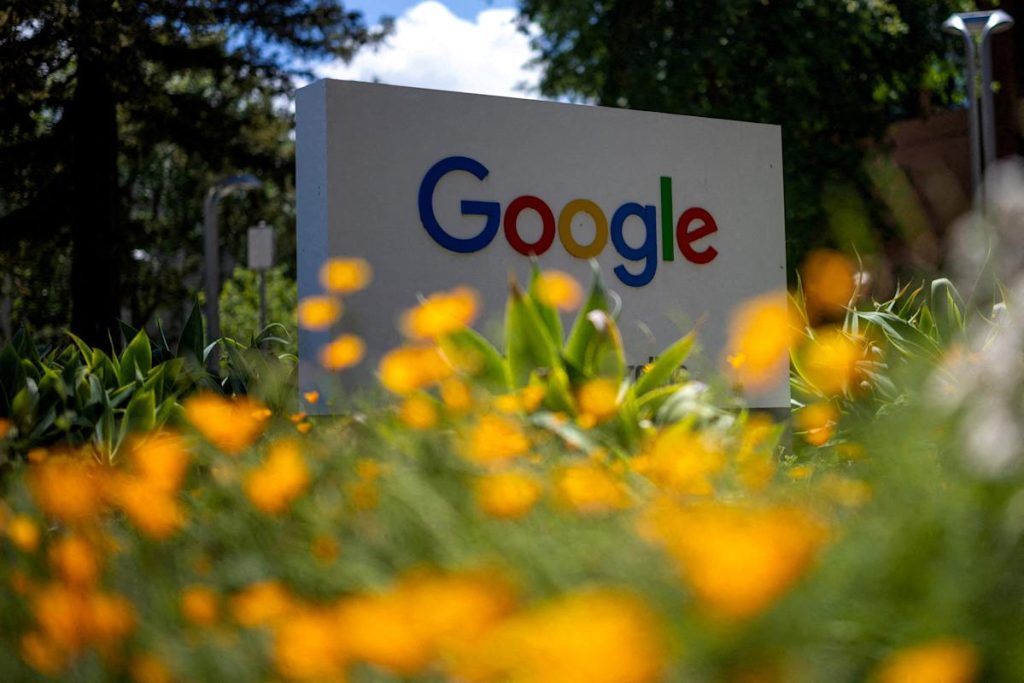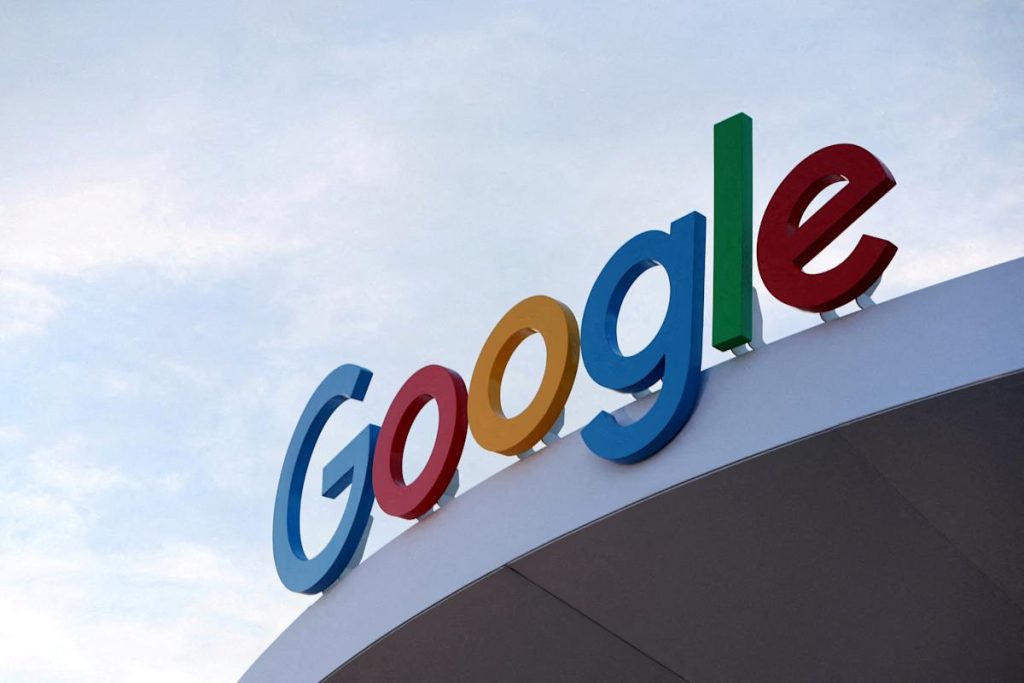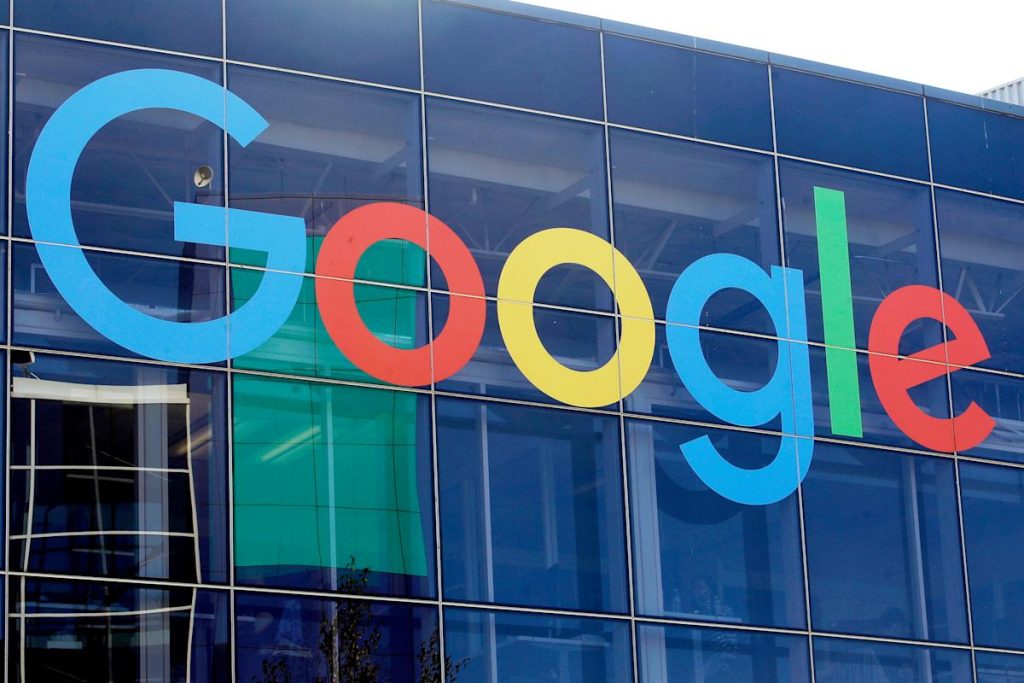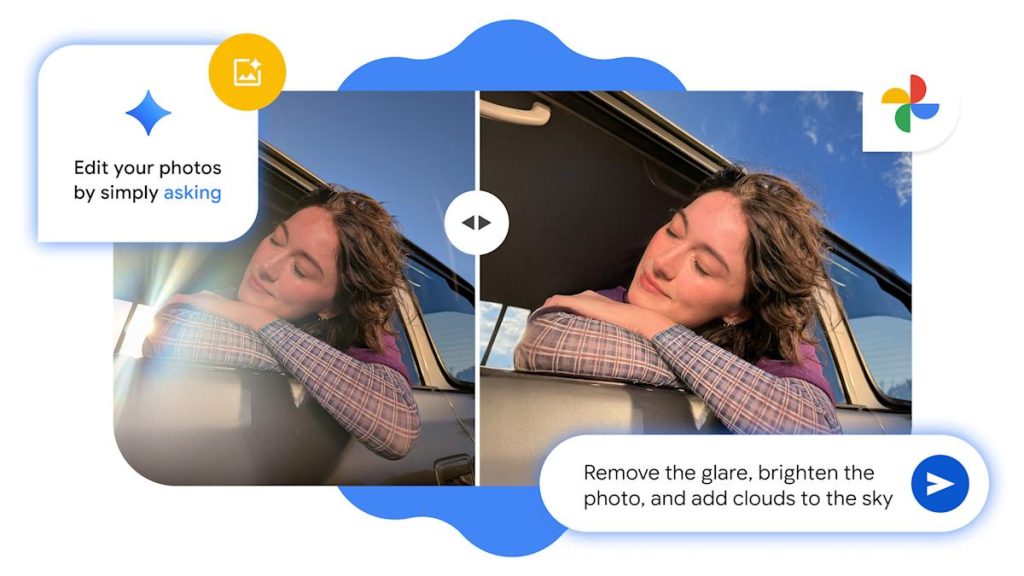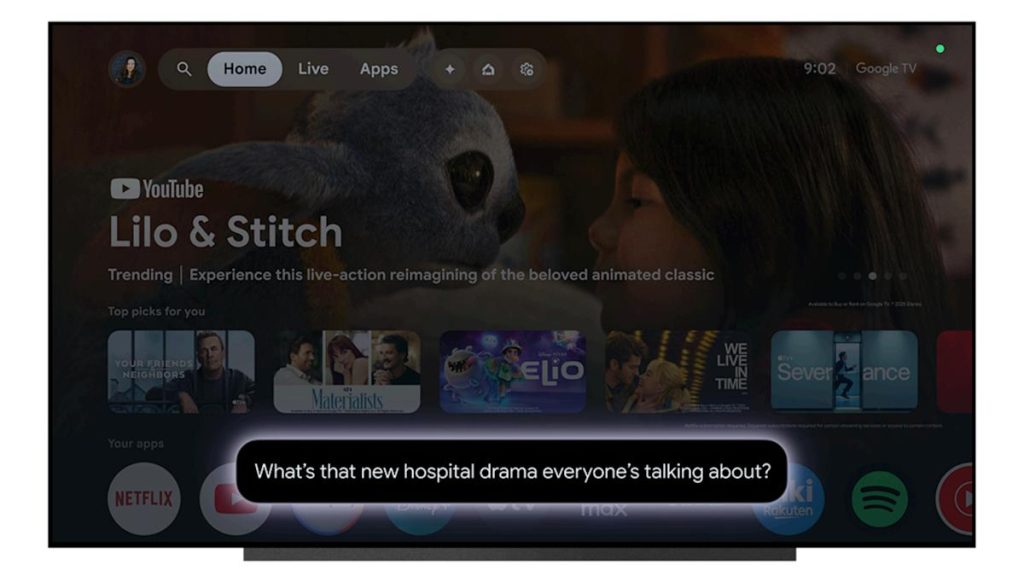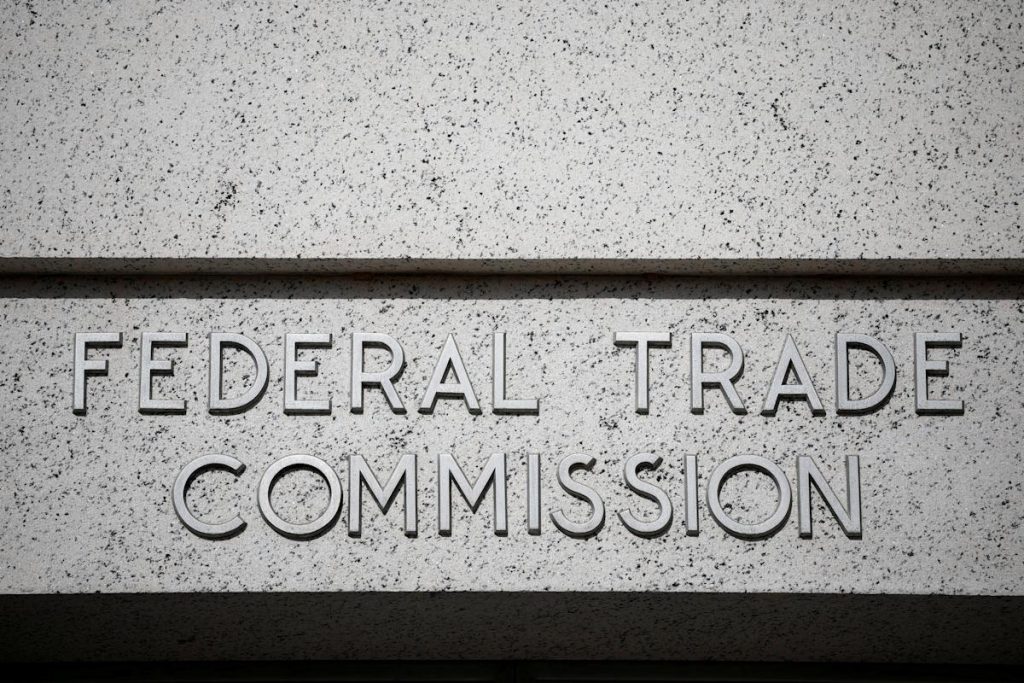Google will use AI to organize search results with Web Guide

Google’s latest AI adventure is a new option for search. is a new way that Google will organize search results based on analysis by a dedicated version of its Gemini artificial intelligence tool. The claim in the announcement is that AI can help surface the most relevant content, but it could also be a new way for Google to control what websites get prime billing in results.
In the graphic shared alongside the blog post announcing this Search Labs experiment, the company showed clusters of results to the query “how to solo travel in Japan.” Web Guide displayed a few hits each under different headers, such as “Comprehensive Guides for Solo Travel in Japan,” “Personal Experiences and Tips from Solo Travelers” and “Safety and Destination Recommendations,” with an option to reveal more for each grouping. It does seem to provide some AI-generated summaries at the top of each heading, but at least with this example, there are fewer instances of copy/pasting another publication’s words wholesale.
Web Guide has some similarities to Google’s , which looped artificial intelligence more tightly into the search experience. The presence of AI Mode for all US users has already prompted outcry from publishers; News/Media Alliance called it “.” Pew Research Center recently issued a confirming that the presence of an AI summary at the top of a search led to fewer people clicking through to read published content from a source. The group’s survey of 900 adults who shared their browsing history revealed that for users who did not see an AI summary, 15 percent of them clicked on a link from search results and 16 percent ended their browsing session. In contract, only 8 percent of users who saw an AI summary clicked a link in the search results, and 26 percent ended their browsing session. And while Google has been working to improve their accuracy, let us never forget that those AI-penned summaries once gave us .
It’s too early to know if Web Guide will encourage more people to actually visit and support sites other than Google. For now, it’s only available for opted-in users in the Web tab for search, but it will appear elsewhere down the line. Given that Google is already in the legal dog house for behavior with its search business, it should be interesting to see how this latest AI rollout goes.


